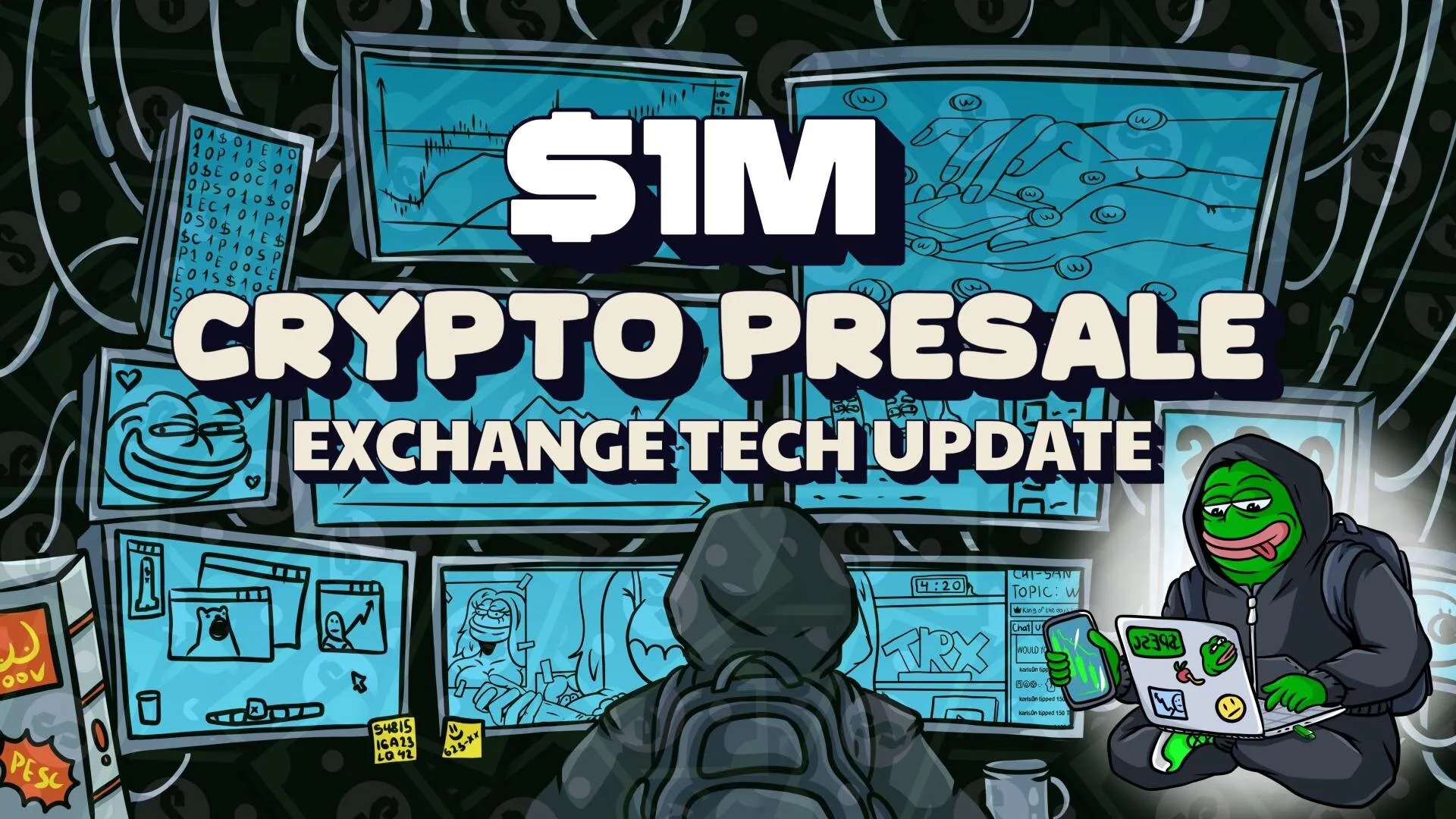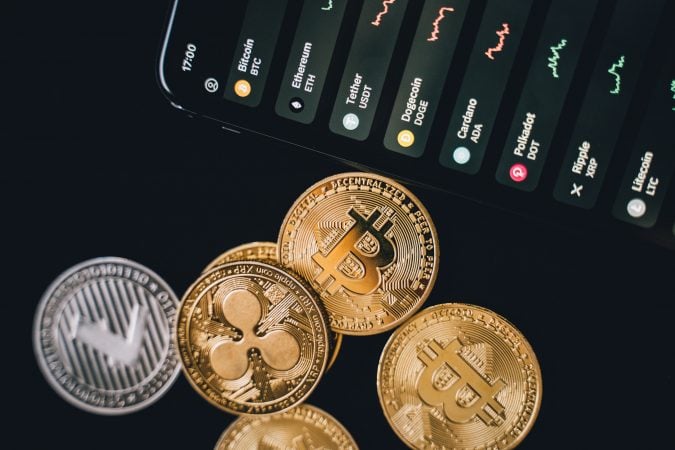The U.S. Congress' first hearing on decentralized finance (DeFi) has recently taken place, revealing marked divisions among legislators on how to regulate this growing sector. While some see the DeFi as an opportunity for innovation and financial inclusion, others express concerns about safety and consumer protection. This article examines the main points raised at this hearing and the regulatory outlook.
Innovation and Security Debate
At this historic hearing, members of Congress discussed the benefits and risks associated with decentralized finance. The DeFi’s proponents have highlighted its potential to revolutionize the financial sector by offering accessible services without traditional intermediaries. They highlighted examples of successful projects that enable users to lend, borrow and trade digital assets in a transparent and secure manner. Critics have warned of the potential dangers of the DeFi, particularly in terms of security and volatility. Legislators have expressed concerns about consumer protection, noting that the absence of regulation could expose users to fraud and loss of funds.
The Regulatory Outlook
Differences among legislators raise questions about how the DeFi should be regulated. Some members of Congress advocate a light approach, allowing innovation to flourish while building safeguards to protect consumers. Others, on the other hand, call for stricter regulations to frame the activities of the DeFie and ensure transparency in operations. This hearing could be the starting point for a legislative process to establish a regulatory framework for the DeFi.










